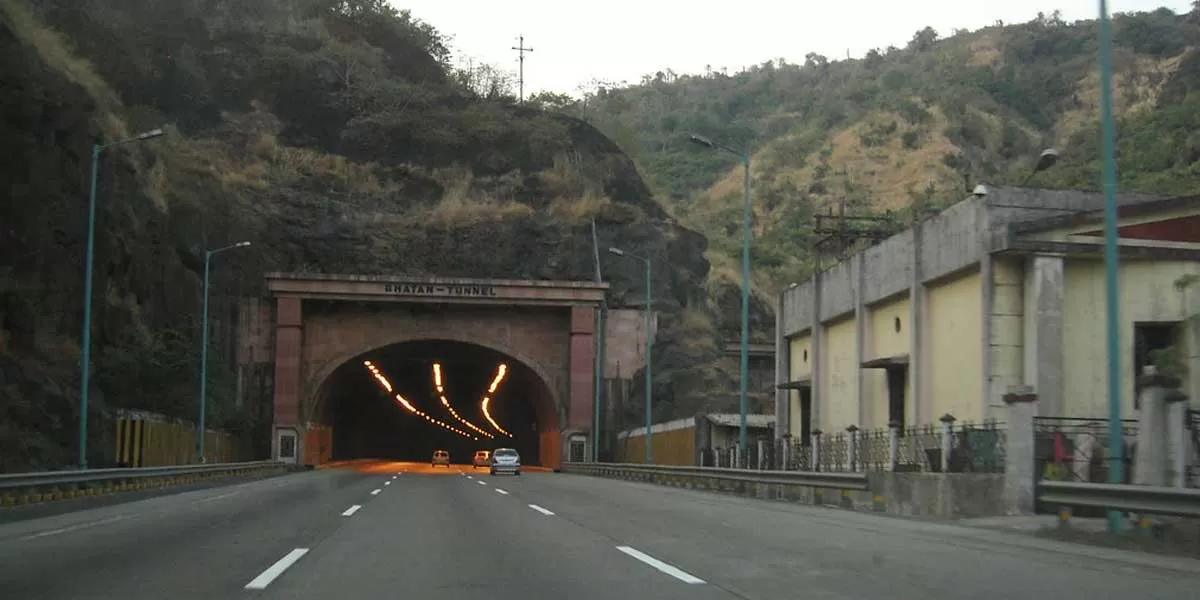The project, initially budgeted at Rs 4.65 billion ($56 million), has escalated to Rs 5.85 billion ($70 million) due to delays and rising costs. The Bangalore Development Authority (BDA) has secured 321 acres for the road, which runs from Challaghatta on Mysuru Road to Kadabagere Cross on Magadi Road. It passes through key areas like Kambipura, K Krishna Sagara, and Kommaghatta, integrating urban and rural sectors while easing congestion for thousands of daily commuters.
Delays and Roadblocks Launched in 2011, the MAR project faced multiple setbacks, with tenders only issued in 2017 and construction beginning a year later. Originally slated for completion in August 2019, progress stalled due to pending approvals from the forest department and the delayed construction of a railway underpass near the Challaghatta Metro depot.
Despite these hurdles, BDA officials are optimistic, stating that all remaining issues are being resolved and the road should be operational within two months. The long-awaited project underscores concerns about Bengaluru’s slow infrastructure execution and the need for faster urban development strategies.
A Greener Future for Bengaluru Beyond connectivity, the MAR project aligns with sustainable urban planning. By reducing reliance on the tolled NICE Road and cutting down fuel consumption, it is expected to lower carbon emissions in one of India’s most congested cities. The improved infrastructure could also boost public transport ridership, supporting a shift towards eco-friendly mobility solutions.
As Bengaluru continues its rapid expansion, the MAR project serves as a model for integrating infrastructure with sustainability, ensuring that future urban development balances efficiency, environmental impact, and civic progress.


